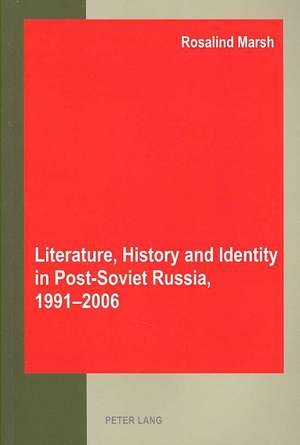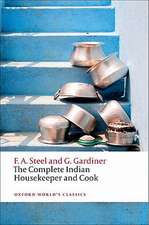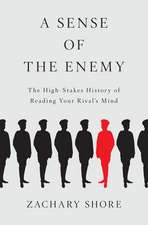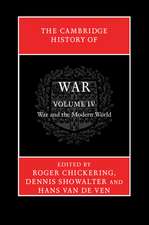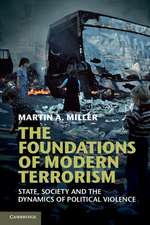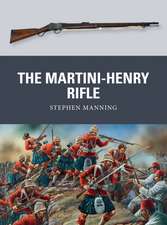Literature, History and Identity in Post-Soviet Russia, 1991-2006
Autor Rosalind Marshen Limba Engleză Paperback – 5 dec 2007
The book shows that Russian society's confrontation with its past has remained one of the main themes of Russian culture during the period 1991-2006. Notwithstanding the gradual decline of the literature of sensational disclosure associated with Gorbachev's "perestroika," a more oblique investigation of many aspects of Russian and Soviet history and an interest in the philosophy of history have continued to be significant preoccupations of post-Soviet culture. Individual and family history continue to be explored in memoirs and autobiographical writings, while the history and destiny of Russia have been passionately debated in literary journals and the media, as Russians search for a new 'national idea' to fill the vacuum left by the collapse of communism.
This study suggests that there is a remarkable continuity between post-Soviet literature and pre-revolutionary Russian literature and thought.
Preț: 756.41 lei
Preț vechi: 1036.17 lei
-27% Nou
Puncte Express: 1135
Preț estimativ în valută:
144.75€ • 150.27$ • 120.70£
144.75€ • 150.27$ • 120.70£
Carte tipărită la comandă
Livrare economică 22 martie-05 aprilie
Preluare comenzi: 021 569.72.76
Specificații
ISBN-13: 9783039110698
ISBN-10: 3039110691
Pagini: 594
Dimensiuni: 146 x 216 x 32 mm
Greutate: 0.79 kg
Ediția:Nouă
Editura: Peter Lang Gmbh, Internationaler Verlag Der W
ISBN-10: 3039110691
Pagini: 594
Dimensiuni: 146 x 216 x 32 mm
Greutate: 0.79 kg
Ediția:Nouă
Editura: Peter Lang Gmbh, Internationaler Verlag Der W
Notă biografică
The Author: Rosalind Marsh is Professor of Russian Studies, University of Bath, UK, and former President of the British Association for Slavonic and East European Studies. She is the author of Soviet Fiction since Stalin: Science, Politics and Literature (1986), Images of Dictatorship: Stalin in Literature (1989), and History and Literature in Contemporary Russia (1995).
Cuprins
Contents: An analysis of Russian literary politics in the period 1991-2006 - An exploration of the continuities and discontinuities between writers' and readers' approaches to history and historical fiction since the euphoric early days of perestroika - An evaluation of various theoretical approaches to Russian historical fiction: postmodernism, trauma, nostalgia, and the notion of discourse as power - The discussion of new historical controversies in post-Soviet literature, such as the role of the Soviet traitor General Andrei Vlasov, the continuing presence of Lenin's body in the Mausoleum on Red Square, the fall of the monarchy, and the Soviet nuclear programme - A new emphasis on individual and family history, and a discussion of postmodernist, 'alternative' and 'fantastic' histories - Renewed discussions of the history and destiny of Russia, as Russians search for a new 'national idea' to fill the vacuum left by the collapse of communism - The resurgence of certain long-standing attitudes to history in Russia - Two significant case studies: the changing image of Stalin, and new treatments of the perennial theme of Russia and the West.
